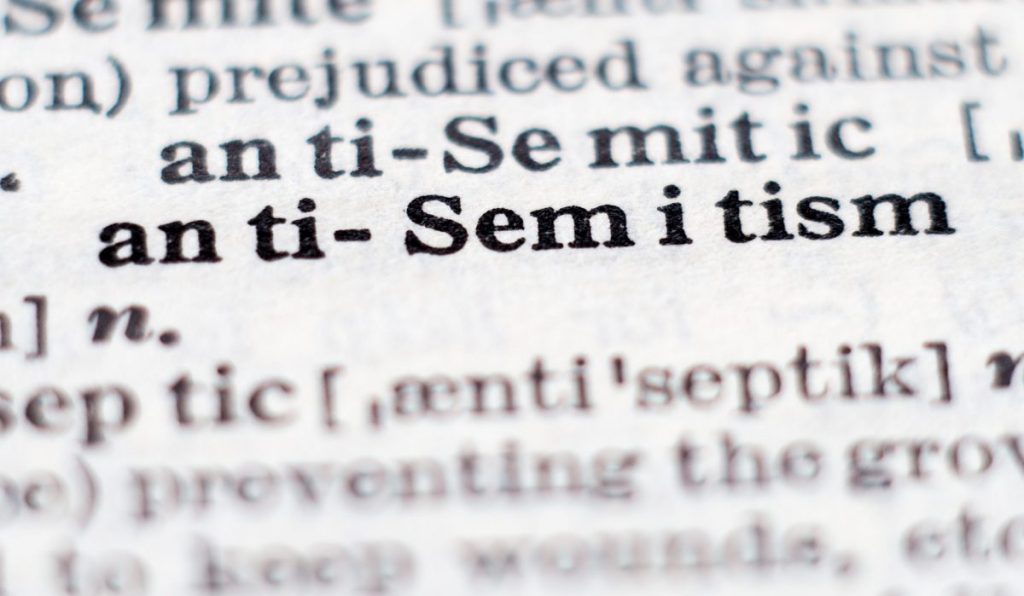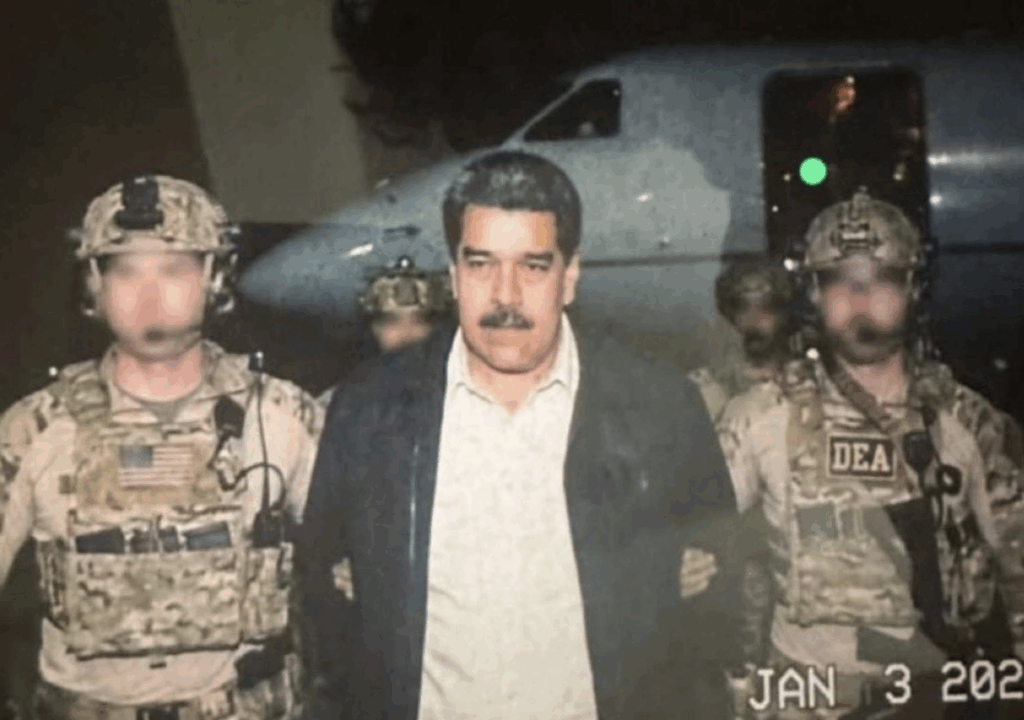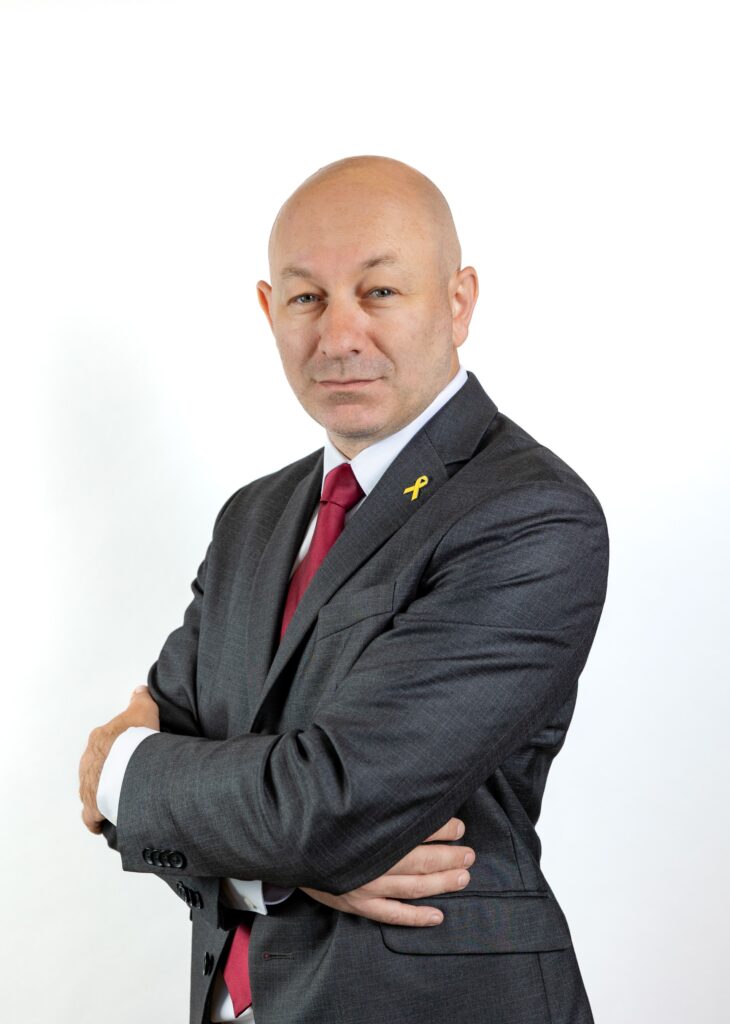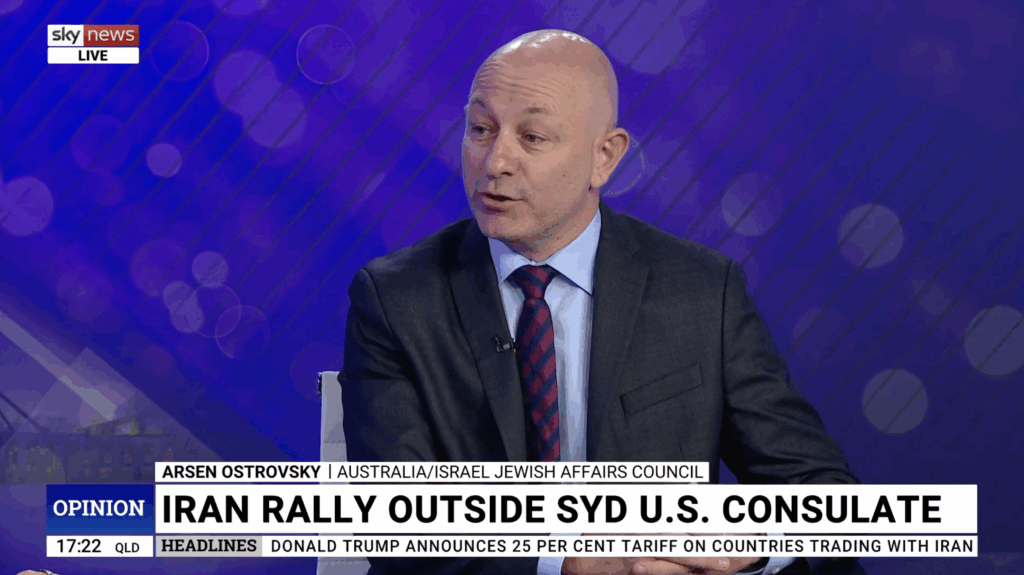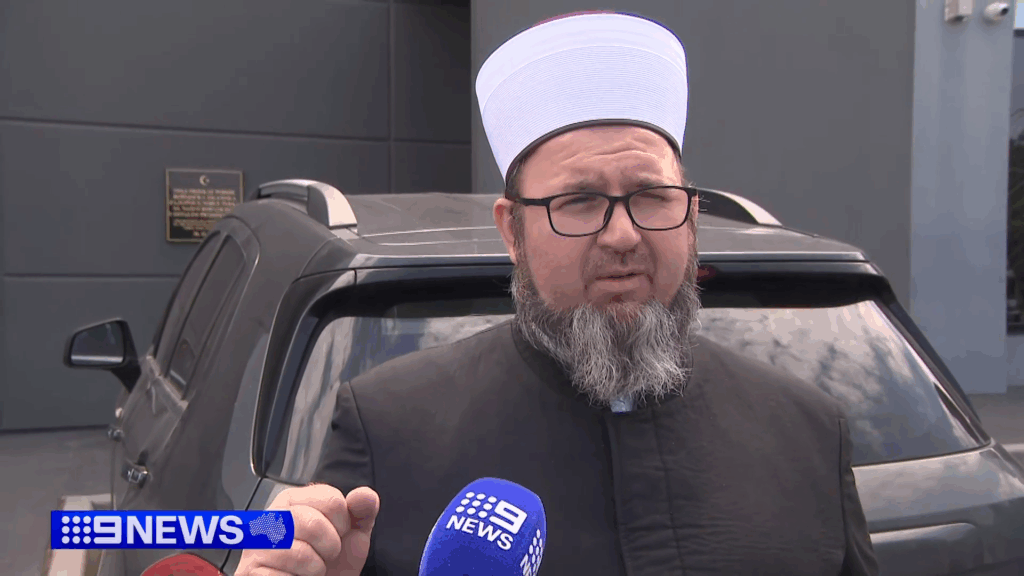IN THE MEDIA
Israel’s enemies try and fail to help Hamas terrorists
January 30, 2024 | Colin Rubenstein

An edited version of this article was published in the Daily Telegraph and The Advertiser
Last Friday’s ruling by the International Court of Justice (ICJ) on South Africa’s absurd genocide case against Israel was a mixed result but there were two significant outcomes.
First, the Court did not order Israel to cease its just war of self-defence against Hamas in Gaza.
Second, it demanded Hamas immediately free 139 Israeli hostages held in Gaza, without preconditions.
Although it is regrettable the ICJ did not throw out the meritless case altogether, it is clear South Africa’s disgraceful attempt to weaponise the Genocide Convention against Israel in support of Hamas failed.
If it succeeded, Israel would have been denied its right to self-defence against a genocidal enemy that broke a two-year ceasefire and inflicted a wave of mass-murder on October 7, which Hamas boasts it will try to repeat “again and again” until Israel is destroyed.
An order calling for an immediate ceasefire would have rewarded and supercharged Hamas’ immoral strategy of provoking conflict with Israel, and then deploying its military assets to effectively turn all Gaza’s civilians into human shields, maximising civilian casualties and damaging Israel’s reputation. Terrorist groups around the world would have sought to emulate Hamas’ human shield tactics, now in effect endorsed by international law.
The South African Government should be strongly condemned for effectively making itself a partner to Hamas’ war crimes and its utter debasement and betrayal of the spirit of the Genocide Convention.
Any objective witness to the two sides’ presentations in Court would have seen how Israel’s representatives convincingly demolished South Africa’s arguments, and proved the utter implausibility of the allegation that Israel is committing genocide.
Israel targets only Hamas military infrastructure and makes great efforts to minimise civilian casualties by issuing warnings to evacuate, establishing safe zones, and pausing military activity for hours each day to allow residents to seek food and water. Since early on, it has allowed the delivery into Gaza of all aid that agencies can get there.
Why then did the Court say genocide was plausible? The Court uncritically accepted claims by UN functionaries, many with anti-Israel records.
It failed to acknowledge the steps Israel takes to avoid civilian deaths, or that Hamas’ human shields strategy makes civilian deaths inevitable.
The Court accepted South Africa’s claim that comments from some Israeli officials, many immediately after the October 7 attacks, could demonstrate genocidal intent. It ignored Israel’s legal team explanations that most of these comments actually referred to Hamas terrorists, not ordinary Palestinians, or were made by people not responsible for the conduct of the war.
It’s important to bear in mind that having found elements of the genocide allegation “plausible”, the Court could have ordered Israel to suspend its military operations pending a final decision, as it rightly did when finding a plausible case that Russia had committed acts of genocide in its invasion of Ukraine.
Fortunately the Court at least had the good sense to deny Hamas’ terrorists and their South African backers such a monumental and unwarranted victory.

